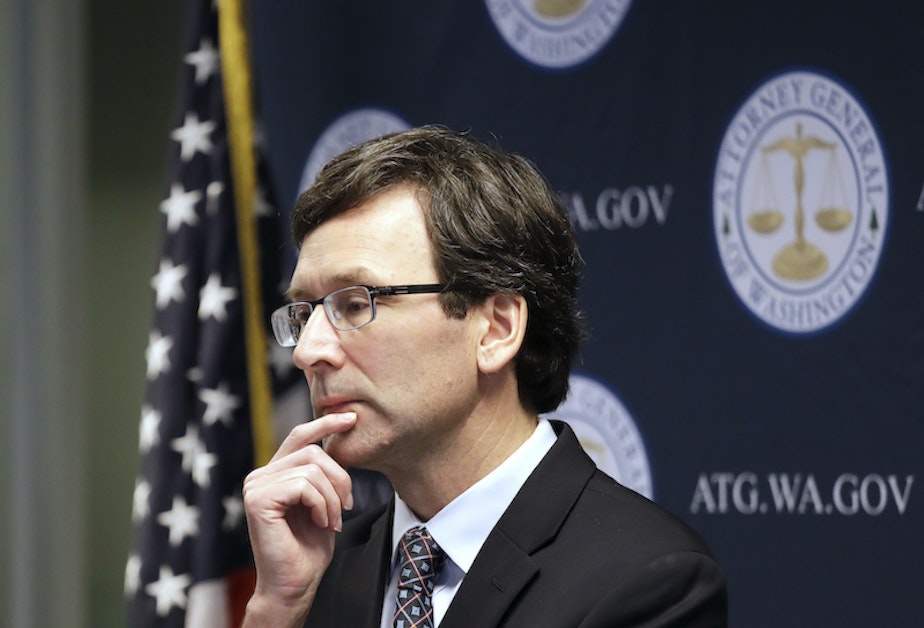AG Ferguson on what happens next for abortion in Washington

At the time of Friday's Supreme Court ruling, 13 states had trigger bans in place waiting to severely restrict or ban abortion services when they go into effect — most within the first 30 days after the court's decision. As of now, South Dakota, Missouri, Arkansas, Oklahoma, Kentucky, and Louisiana have already banned abortion.
Here in Washington, abortion is still legal.
Attorney General Bob Ferguson says he's committed to protecting Washingtonians' right to choose.
But there are a lot of questions about what shape that protection will take.
Ferguson noted that he and his staff were not surprised by the Supreme Court's decision. They had been expecting it long before the draft decision was leaked last month. He said he and his staff are prepared to do what the Attorney General's Office is meant to do — defend Washington law.
"Washington State law, through the voters going to the ballot box initiative process, have ensured that Washingtonians will still have access to a safe and legal abortion despite this decision," Ferguson said. "So the primary focus at a high level, again, for our office, is to make sure we're doing everything in our power from a legal standpoint, to defend and uphold that right for Washingtonians."
Ferguson also said that his office is prepared for legal challenges from other states that have outlawed abortion.
"As we're starting to see in red states, where legislators and policymakers are proposing to their state legislatures to adopt laws that would seek civil sanctions, or even criminal sanctions, against individuals who may come to Washington state seeking an abortion, or even providers who are already here or someone here in Washington state seeking to help someone in one of those states come to Washington for a safe and legal abortion," he explained.
Sponsored
But Ferguson was quick to remind people that his office represents the state, not individuals.
"So if there's a lawsuit, for example, against a provider here in Washington state, we don't represent the provider," he explained. "What I can say is that we would certainly be involved in some fashion under any litigation along these lines."





